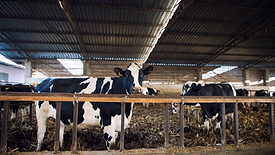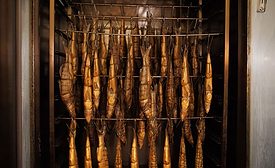Food Type
Understanding Hot and Cold Smoked Fish Processing and Safety
Consumer-driven modifications in smoked fish processing present a specialized set of food safety hazards and unique challenges to control them
December 19, 2024
Never miss the latest news and trends driving the food safety industry
eNewsletter | Website | eMagazine
JOIN TODAY!Copyright ©2025. All Rights Reserved BNP Media.
Design, CMS, Hosting & Web Development :: ePublishing











